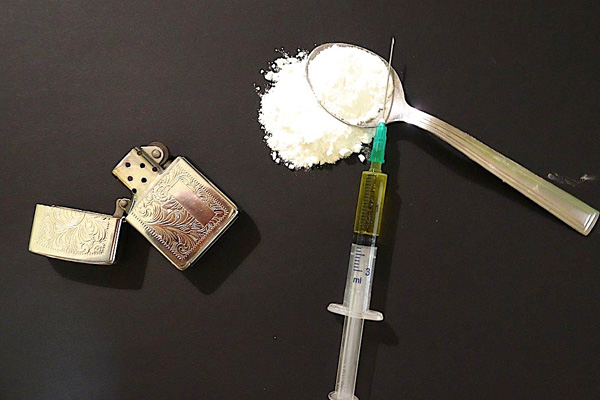Why? –
November 16, 2018 – In states with access laws, pharmacies dispensed 79 percent more naloxone between 2007 and 2016 than those in states without such laws, one study found. Another study linked access and Good Samaritan laws to a 14 percent reduction in opioid overdose deaths. “It’s not a magic bullet,” said Corey S. Davis, deputy director of the Network for Public Health Law and a co-author of those two impact studies. “It’s not going to single-handedly solve the overdose crisis. But all the data we have suggest the more naloxone dispensing we have, the fewer deaths there will be.” Davis hopes the next wave of naloxone access laws will require doctors to provide a prescription for the antidote to any patient taking opioids chronically. “That gets rid of the problem of the pharmacist not knowing there’s a standing order,” Davis said. “It gets rid of the kinds of problems the California authors have identified.”



